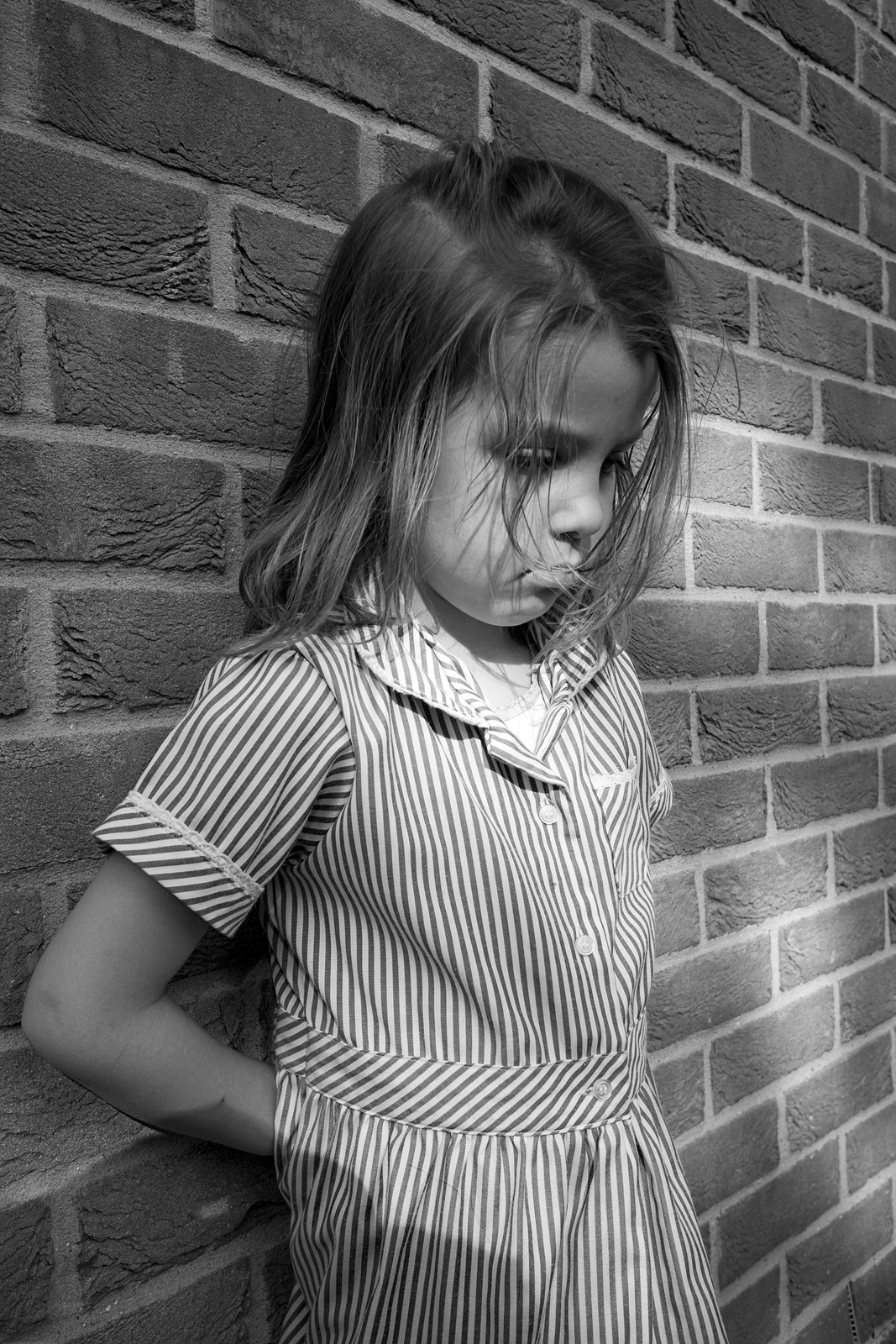
What the Sandusky Sentence Means for Schools and Parents
Former Penn State Assistant Football Coach Jerry Sandusky was sentenced this week to 30 to 60 years in prison. The sentence essentially guaranteed that the 68-year-old Sandusky would die in prison.
Sandusky, the jury determined, had abused 10 boys — all of them from disadvantaged homes. Sandusky used his connections to the Penn State football program, as well as his own charity for disadvantaged youth, the Second Mile, to identify potential victims, get close to them, and then sexually violate them.
Judge John Cleland said that Sandusky’s ability to deceive those who trusted him and who thought so highly of him made his acts “heinous.”
Education Management Consulting, LLC, is engaged to provide consultation and expert witness testimony in numerous cases involving the sexual harassment and abuse of young people. Many of the cases we handle have two elements similar to the Sandusky case:
Sandusky worked as a coach for a school. More than just a few of our cases have involved inappropriate relationships between coaches and students.
The boys Sandusky abused were from disadvantaged homes. In many of the cases we have handled, the teacher or coach established “clubs” and “help” groups for students who didn’t have the advantage of parents who could send them to swimming lessons or take them to the movies.
Together, these two elements — being a coach, counselor or teacher, or someone in any position that places an adult close to children who appreciate any attention they receive because they don’t get it at home — are a potential recipe for child abuse. This isn’t always the case, of course, but such a situation compels all parties to pay attention.
Whose responsibility?
What is the school’s liability when a plaintiff sues a school district for negligent supervision or negligent hiring?
In reviewing and analyzing the facts of each case, often I have found that that the school, through its staff, knew that inappropriate behavior was taking place between a staff member and a student. If the school failed to act upon this knowledge to head off or end sexual harassment or assault, my expert opinion might be that the school did not meet the professional standard of care — and that this breach may have provided an opportunity for the staff member to develop and nurture an inappropriate relationship with a student.
On the other hand, often I have determined that the school, through its employees, had no actual knowledge or reasonable cause to believe that the staff member was sexually harassing or abusing any student, including the plaintiff. My opinion, then, would be that the school met the professional standard of care under the circumstances, and there was information that would have caused a reasonable school administrator or other school employee to supervise the staff member or student any differently.
When a teacher is convicted of sexual assaulting a student at her school and the school had no reason to supervise them any differently, then the issue of supervision often rests with the parents. In many cases I work on, the teacher and student develop a relationship outside of school without school officials knowing it. In one such case, a teacher who tutored a student in the student’s home took the student on weekend trips and frequently hung around the student’s home. All this was under the assumed supervision of the parent; the school had no information that any of this was taking place.
Years later, the former student sued the school. The lawsuit alleged that the school should have known that the teacher was spending an inordinate amount of time with students, including the plaintiff, outside of school; that the teacher was tutoring the student at home; and that the teacher was taking the student on weekend trips. The plaintiff argued that the school should have known that these were signs that a teacher was a pedophile and that the school ignored its duty to protect the student — ultimately resulting in alleged sexual abuse. My opinion was that because the school had no knowledge of the events — nor did it have an obligation to know — the burden of responsibility to supervise the relationship between the teacher and student fell on the parent, and that the parent’s lack of supervision may have contributed to the alleged abuse.
Be proactive
Whether a child is under the supervision of the school, either during the school day or on school-sponsored events, or a child is under the supervision of a parent at other times, the important thing is that the adult “in charge” should keep a watchful eye to protect children from harm.
Perhaps the parents of the children from disadvantaged homes were not able to supervise their children when Sandusky went on trips. Perhaps, because Sandusky was a trusted coach, the parents felt so comfortable with him that they let their guard down and placed their children in his care — with disastrous results.
Schools: Take steps to protect students from harm and to minimize the school’s liability. Develop policies and train staff and students about sexual harassment and abuse. Make sure that both staff and students know how to report anything they think may be questionable.
Parents: Be vigilant. If a teacher contacts you about taking your child on a trip or volunteering to tutor your child, call the school. Let the school know about it and to ask if the school has a policy to deal with this. Just because a person is a coach, counselor, or teacher, don’t expect that the school will oversee that person when he or she is with your child. That’s your job as a parent.


